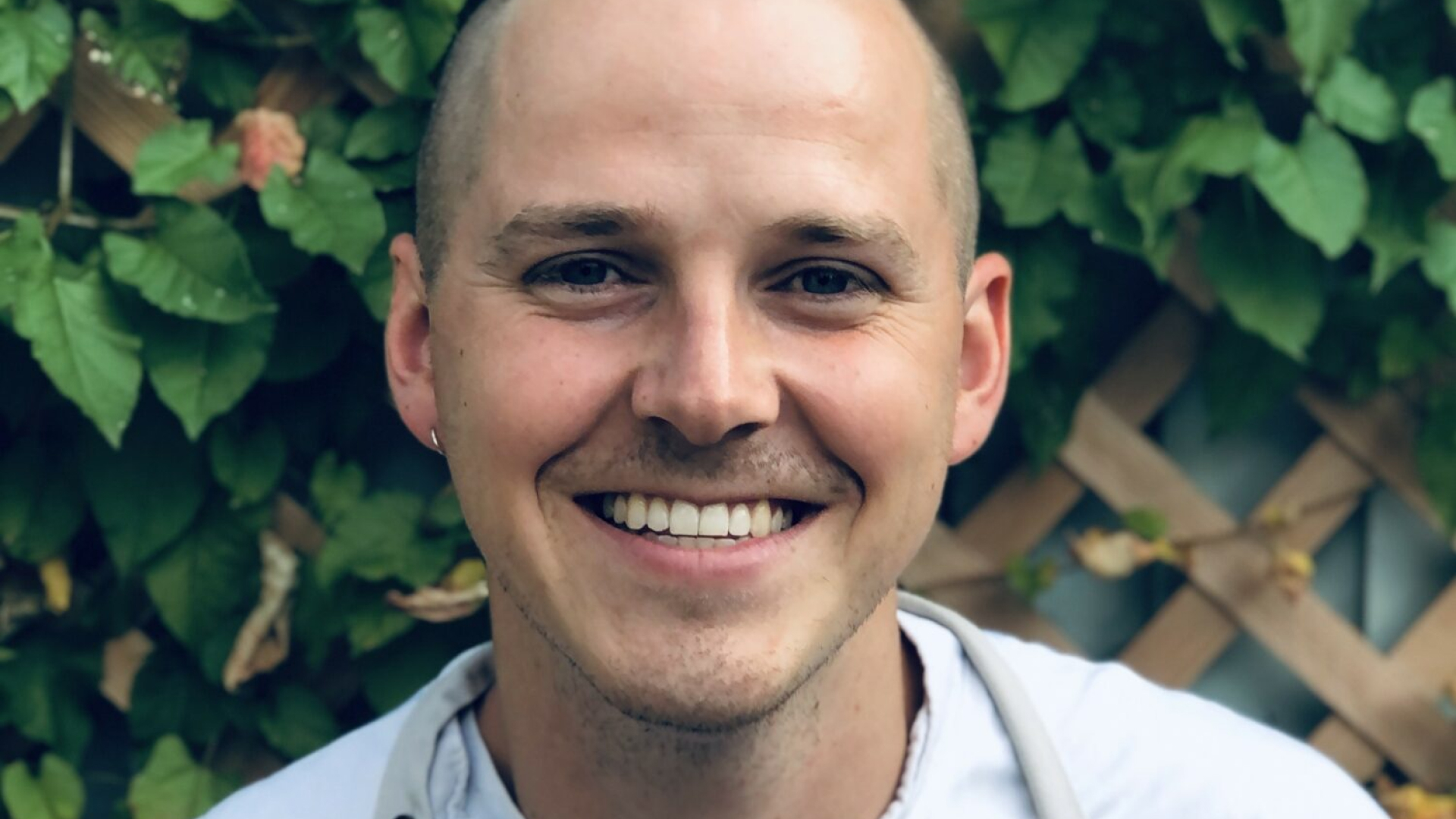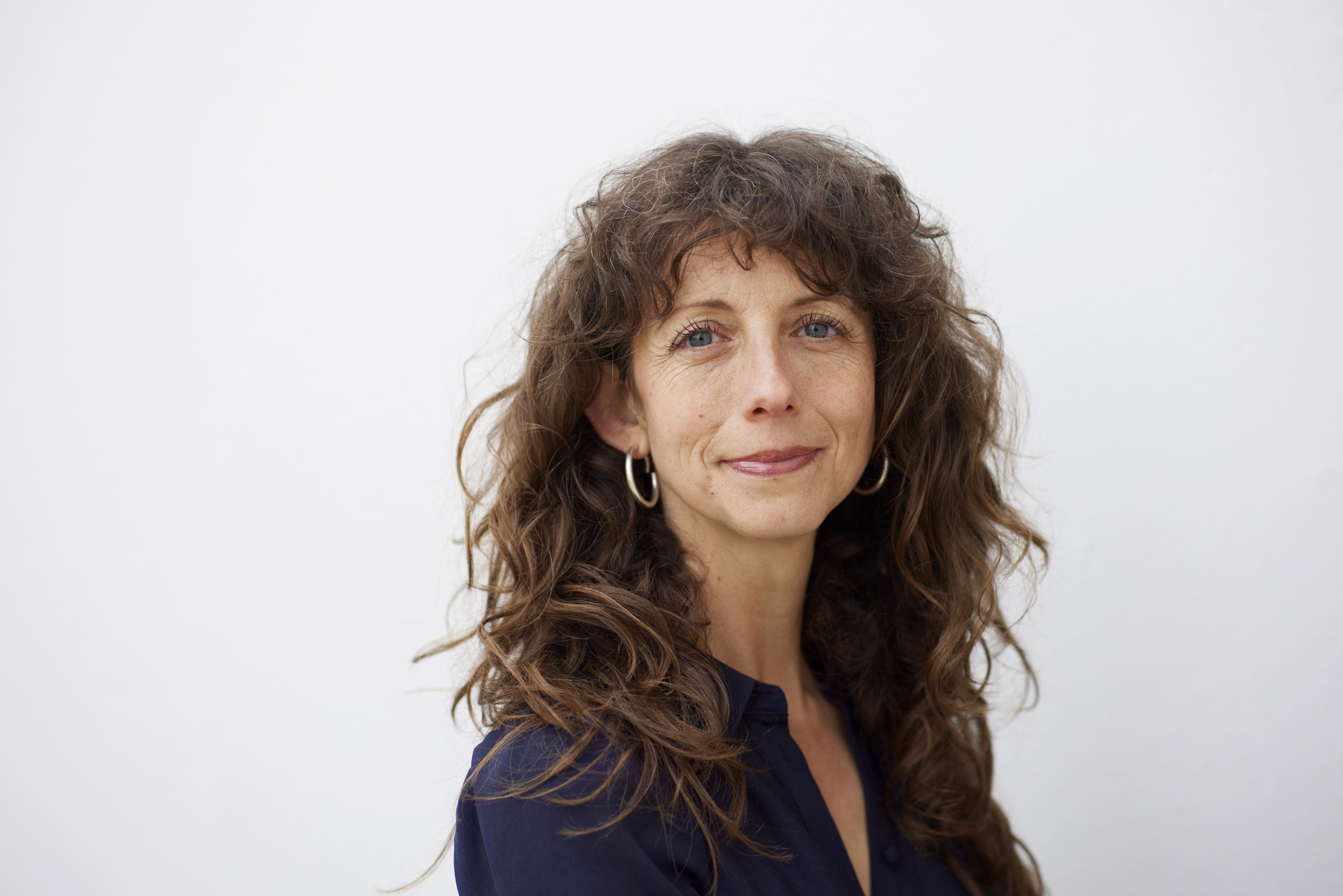5 Questions with Laura Cabrera
At just 21, Laura Cabrera found herself as head chef at Nectar, one of Mexico’s top restaurants. “I was almost crying every night,” she recalls. “I was suddenly put in this huge position, and I didn’t know what to do.” Now, more than 10 years later, Laura is running her own successful restaurant, Bredo, in Copenhagen—and she knows exactly what she’s doing. This month, the MAD Academy alum shares her views on what it means to lead and collaborate well, and why we need to ditch old-school mentalities so the next generation of chefs can thrive.
–
Like many other talented chefs in Copenhagen, you started with a stint at noma, followed by eight years at Hija de Sanchez. What finally made you take the leap and open your own restaurant?
“I’ve had the privilege to work at a lot of great places but always wanted to open my own. It only happened when I met the right people—the right Danes—that had the same vision. We’re four partners, myself, Kris [Porner], Nina and Esben [Pagh]. We all met through Sanchez and I actually met my partner in the kitchen at Bredo, Sean [Gabbiani], at MAD Academy. After cooking Mexican food for so long, I thought, I don’t want to cook that anymore! But we combine all the flavors of Latin food with Danish seasonality. We also have brunsviger on the menu–if you know, you know!”
You attended MAD Academy’s Leadership & Business program back in 2021. How do you think that prepared you for opening Bredo?
“To even talk about being a good leader hasn’t happened a lot in my career. Eventually, you do learn from others, but you learn from this very narrow box of tools. Now I know that there are all types of good leaders, also that you should be aware that the industry mindset is changing.
What stuck with me most at Academy was being asked to make list of the things I wanted to change in myself, and the business in general. After we talked as a group, you quickly realise that you’re not alone—and that’s very powerful. The main message was simple: just be open with your communication. Now, at work, I’ll always try to talk through problems and listen for what I can learn and change—it should go both ways.”
What exactly do you mean by the “industry mindset is changing”?
“I’ve worked so hard for many years and, respectfully, I just got to a point where I said: ‘Hey, I want to open a place that I’m happy to go every single day.’ With Bredo, we wanted to do something super high quality, with great service, but also really friendly and warm–both for staff and guests. And I think that’s the sort of ‘new’ mindset or trend in restaurants. When I talk with friends, both in the industry and customers, people are getting a little tired of fine dining and super uptight set-ups. I think many restaurants still have these old-school, fixed mentalities, but we need new ways of thinking and doing things. Young chefs especially have a different view on the industry.”
For a lot of great chefs, the craft is seen as all-consuming, with not a lot of room for anything else. Do you think with the younger generation there’s more focus on maintaining a better work-life balance?
“For sure. For my generation and older, it’s all about pushing yourself. For example, I graduated from culinary school when I was 18 and I didn’t have my first holiday until I was over 30. Even when I came to Copenhagen, I took a flight from Mexico and was back in the kitchen the next day. Now, I see many young chefs that see work as just work. It doesn’t mean that they’re not passionate or great chefs but for them, it’s just like any other job. We’ll need to adapt to this. For example, [in the past] a Michelin-starred place might need 500 hours covered by five people. But now you’re probably going to need eight. It’s clear that when people have time to rest, they come back to work with so much energy and more space to be their best.”
At Bredo, you place a lot of emphasis on serving locals, and I hear you named the restaurant after a particularly well-loved community member. Is that right?
“One day we were prepping at Sanchez and we heard a knock on the window. There was an older gentleman who was looking for a cup of coffee. His regular spot wasn’t open, so we just invited him in–and that’s how it started. Every single day, he showed up for coffee, staff lunches and so on, and we just fed him as part of the team. He only spoke Danish, and many of the staff weren’t from Denmark, but we still made this great connection with him. To our understanding, he didn’t have immediate family, so we became his family. Sadly, he passed away, and when we opened the new place, there was only one name we could think of, his name, Bredo.”




